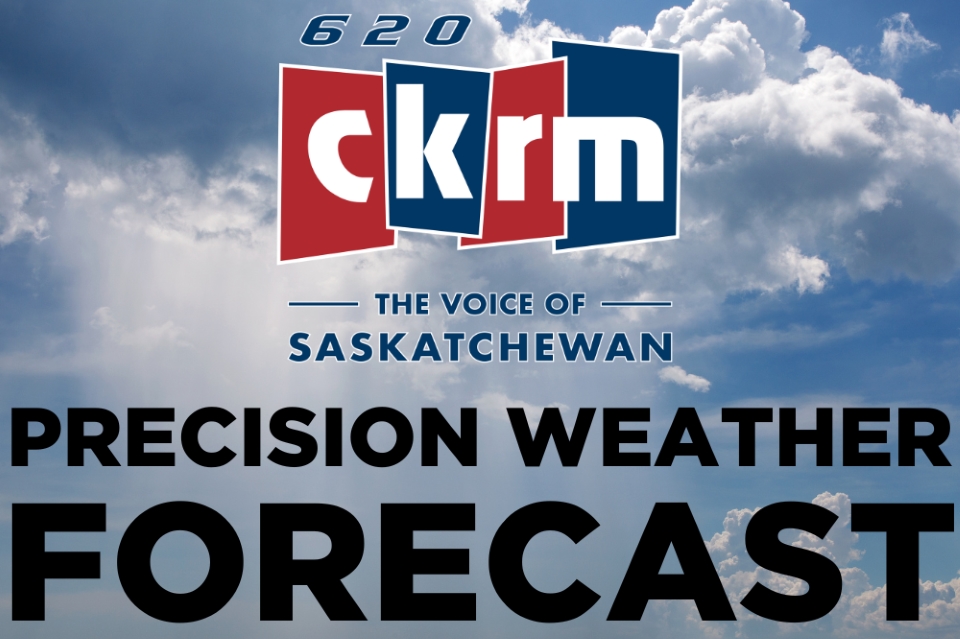The last day of the Municipalities of Saskatchewan convention, formerly known as Saskatchewan Urban Municipalities Association (SUMA), was highlighted by the bear pit session with Premier Scott Moe and cabinet ministers on Wednesday morning.
Representatives from communities across Saskatchewan had an opportunity to question the government on a number of topics including, health care, highways and infrastructure, and spending in the province.
One of the first speakers to ask a question during the session was Wakaw Mayor Steve Skoworodko.
He voiced his concerns with Wednesday’s news of Federated Co-op restricting cardlock volumes on cards, which he said is now affecting ambulance services and other emergency services in his area.
Co-op told 620 CKRM there is a 100-litre limit per day per card on gasoline and a 300-litre limit on diesel.
Premier Scott Moe said the illegal blockades around the Co-op refinery in Regina is what’s impacting communities with fuel restrictions.
“They are not only placed on the trucking industry and other industries that can have an impact on our economy. They are also placed on essential services like school buses that need to take students to school,” responded the premier to Skoworodko’s question.
Following the bear pit, Moe told reporters that his offer of appointing a special mediator for the Federated Co-op and Unifor labour dispute remains on the table. He confirmed he hasn’t received a response about his offer from either Unifor or Co-op negotiators.
Mental health in Saskatchewan
There were a couple instances when questions regarding mental health and addictions were brought forward during the session.
Humboldt city councillor Michael Behiel questioned how much the government is spending on mental health and addictions services.
While he wasn’t able to finish his statement to the premier, he did provide statistics to back up his concerns.
Behiel applauded the Sask. Party government for being “fiscally responsible” in giving Saskatchewan the lowest per capita debt in the country. However he feels the government may have gone too far with cuts.
He mentioned that the province spent the least amount of money for mental health and addictions services in the country, while seeing the highest increase in rising opiod-related deaths in Canada.
Health minister Jim Reiter felt differently when it comes to how much spending the provincial government has provided in recent years, saying they increased mental health and addictions spending by $30 million this fiscal year, with an overall investment of over $400 million.
“Mental health and addictions is not an area where we are worrying about the money. We’ve been worrying about the services that need to be provided” said Reiter to the audience.
“We understand how important this is. I think it’s fair to say with the upcoming budget, you’ll see us show that we are still extremely concerned about this issue.”
Reiter added that last year’s budget increase to support mental health initiatives are already showing results. He pointed to the rapid action addiction medicine clinic in Prince Albert with more to come in Regina and Saskatoon, and additional beds for pre-treatment and post-treatment arriving in the near future.
Getting oil products to port with pipelines
Mayor of Choiceland Robert Mardell asked what the government is doing to help get resources out of the province, referring to whether the province has looked at collaborating with Manitoba to upgrade the rail line or build a pipeline to the Port of Churchill.
The option of using he port in Churchill, Manitoba to transport western oil through Hudson Bay has resurrected in recent talks after it has been shut down in the past.
Trade minister Jeremy Harrison said the government is in favour of any options that will help get products to market.
“It’s costing all of us $300 million a year in terms of revenue for the government and billions a year in terms of economic activity,” shared Harrison. “That’s a children’s hospital a year that we are [losing] because we cannot get a pipeline built in this country.”
Harrison mentioned the Pipeline Project Assessment Committee appointed by Premier Scott Moe will work with proponents “beyond advocacy” to help find options to get a pipeline built.








